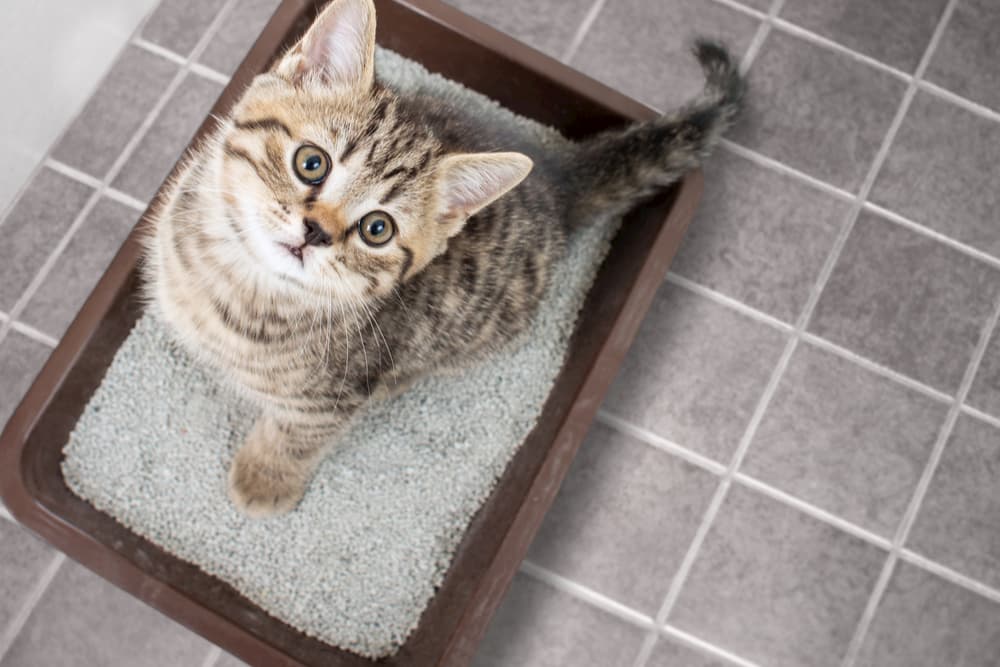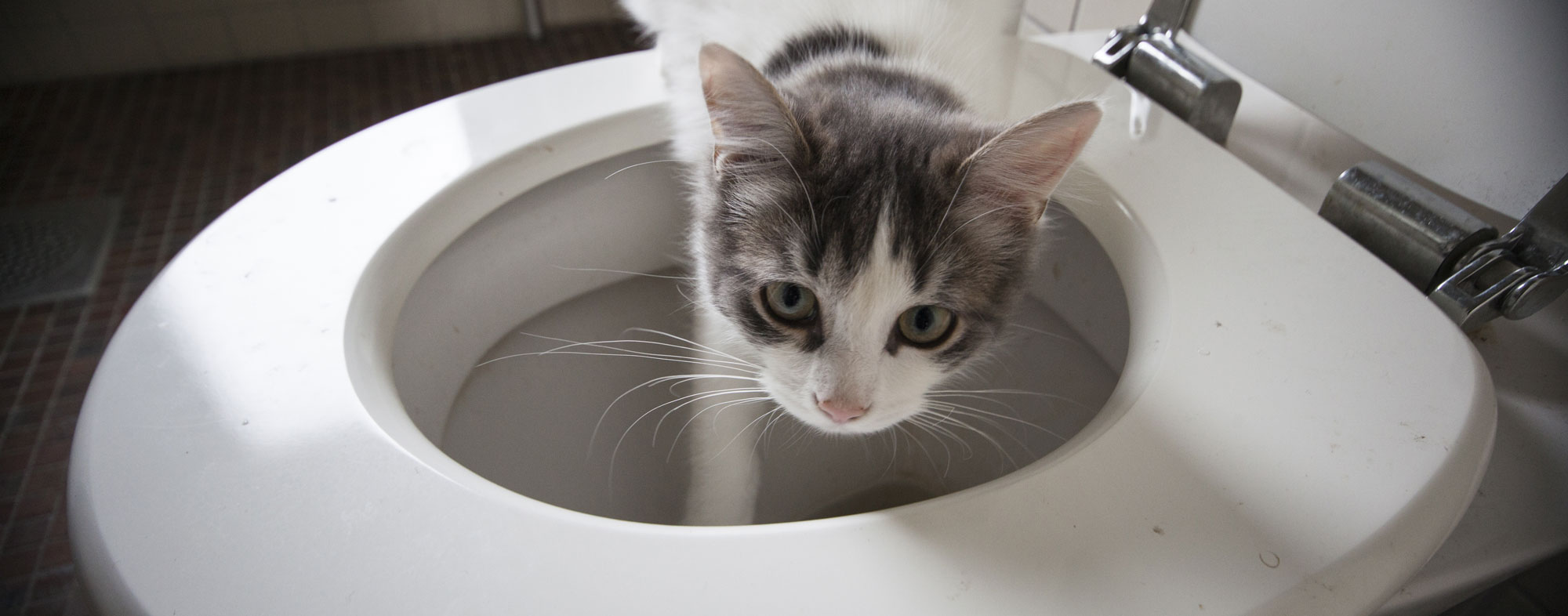An Hazards of Flushing Animal Waste Down the Toilet
An Hazards of Flushing Animal Waste Down the Toilet
Blog Article
The article on the next paragraphs pertaining to Why you should never flush dog poop down the toilet is especially motivating. Give it a go and make your own conclusions.

When it pertains to taking care of waste, particularly animal waste, lots of people commonly turn to the hassle-free alternative of flushing it down the toilet. However, this apparently easy remedy can have significant repercussions for the setting and public health. In this short article, we'll check out why flushing animal waste down the bathroom is a poor idea and provide different techniques for appropriate disposal.
Intro
Appropriate waste disposal is important for preserving environmental sustainability and public health. While it might seem harmless to flush animal waste down the toilet, it can result in numerous problems, both for the environment and human well-being.
Threats of flushing animal waste
Environmental impact
Flushing pet waste introduces unsafe bacteria and virus right into rivers, which can negatively impact marine communities. These microorganisms can contaminate water sources and harm marine life, interrupting delicate environments.
Public health worries
Pet waste contains dangerous germs such as E. coli and Salmonella, which can position serious wellness risks to human beings. Purging pet waste down the commode can infect water products, resulting in the spread of illness and infections.
Alternatives to flushing
Rather than flushing pet waste down the commode, there are several alternate disposal approaches that are more eco-friendly and sanitary.
Composting
Composting pet waste is an environmentally friendly way to take care of it. By composting, raw material is broken down into nutrient-rich soil, which can be made use of to feed gardens and plants.
Land fill disposal
Disposing of pet waste in a land fill is another alternative. While not as eco-friendly as composting, it is a more secure choice to flushing, as it prevents the contamination of water sources.
Family pet waste disposal systems
There are specialized pet waste disposal systems offered that securely and hygienically get rid of pet waste. These systems usually use enzymes to break down waste and eliminate smells.
Actions to correct pet waste disposal
To ensure proper disposal of pet waste, adhere to these steps:
Scooping and landing waste
Frequently scoop and bag pet waste using biodegradable bags. This stops waste from polluting the atmosphere.
Making use of assigned waste containers
Dispose of bagged pet waste in designated waste containers, such as garden compost bins or garbage dump bins. Stay clear of flushing it down the commode in any way costs.
Cleansing can and pet dog areas routinely
Routinely tidy litter boxes and family pet locations to stop the accumulation of waste and bacteria. Use pet-safe cleaning items to preserve health.
Advantages of proper disposal methods
Embracing correct disposal methods for pet waste supplies several advantages:
Lowered environmental pollution
Appropriate disposal techniques minimize the risk of environmental pollution, protecting rivers and environments from contamination
Reduced threat of water contamination.
By staying clear of flushing animal waste down the commode, the risk of water contamination is dramatically lowered, protecting public health.
Improved cleanliness and health
Appropriate disposal techniques promote much better cleanliness and hygiene, producing a safer setting for both humans and pets.
Conclusion
In conclusion, flushing animal waste down the toilet is damaging to the setting and public health. By adopting alternative disposal techniques and following appropriate waste administration practices, we can lessen the adverse effect of pet waste and add to a cleaner, much healthier earth.
What To Do With Dog Poo – The Do's And Don'ts Of Disposing Of Faeces
Dog poo bins
Some councils provide dedicated dog waste bins in popular dog-walking areas that can take dog poo that has been bagged but you can legally dispose of dog waste in any public litter bin, as long as it is securely bagged. This also applies to your wheelie bin at home.
Do not flush
Water companies do not recommend flushing dog faeces down the toilet because certain parasites can survive the water processing treatment and are potentially harmful to humans. You should also never consider flushing dog poo that has been bagged down the toilet as the bags will not break down and instead create severe blockages in the sewage system.
In the woods
The Forestry Commission promotes a ‘stick and flick’ method for dealing with waste in the woods. This means finding a stick and using it to flick any poo from off the path so that it is out of the way of other walkers. You could also bury it as long as it is not in an area where there might be livestock.
Livestock
Parasites found in dog poo can be transmitted to livestock if they inadvertently eat infected faeces that has been left on grazing land. This could result in the death of sheep or abortion in cattle so you should always make sure you pick up your dog’s waste in fields where livestock could be present.

I am just very interested by Don't Flush Your Pets Poo Down The Loo, Vet Warns and I'm hoping you enjoyed the new blog entry. Sharing is nice. Who knows, you may be doing someone a favor. Thanks so much for going through it.
Try Here Report this page